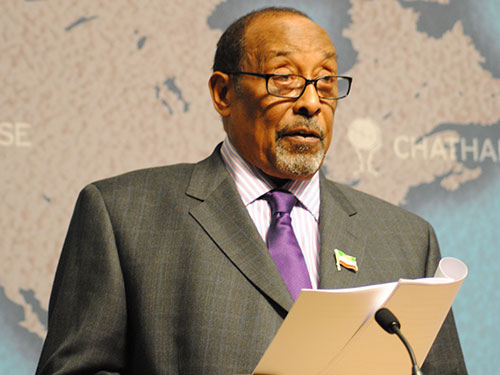In recent months, Somaliland leaders have been pushing for new plans aimed at delaying the presidential for further six months with the intention of reaching drought-hit areas with aid.
By Jamal Ibrahim and Judy Maina, judy.maina@alleastafrica.com
HARGEISA – The president of the breakaway northern Somalia republic of Somaliland has raised the likelihood of delaying the presidential election for the second time amid severe droughts in the region that he said affected over 1.5 million of people.
The polls, already delayed once followed by a controversial one year and eight months term extension by the president is now scheduled to take place in March.
“Most of the election voters in the regions were affected and displaced by the drought, thus I am going to tell you that the three opposition parties agreed that holding timely elections will not be possible.” Somaliland’s president Ahmed Silanyo told visiting diplomats in Hargeisa, Somaliland’s capital on Monday.
He suggested six months delay in holding the presidential elections.
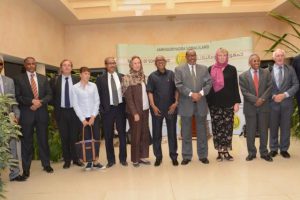
It was not clear if the six-member diplomats from EU, Denmark, Holland, Ireland, France and UK who held talks with Somaliland leaders agreed to the government’s proposal.
However, the development comes against the backdrop of previous warnings by international diplomats who warned that patience was wearing thin of international partners and that any attempts to get the election delayed beyond March 28 would strain relations between Somaliland and the international community.
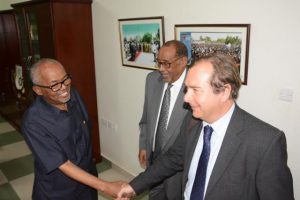
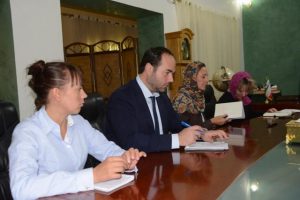
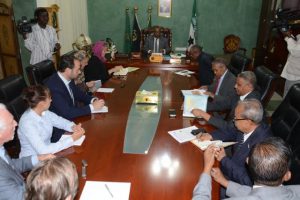
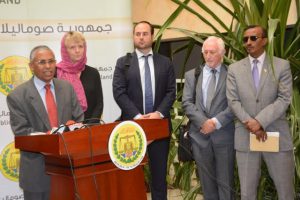
Meanwhile, Mr. Silanyo also criticized the international community for their poor response in reaching people affected by the droughts.
According to the United Nations Office for Humanitarian Coordination (OCHA), the acute drought that has affected more than 240,000 people (40,000 Households) due to the shortfall of the Gu (April-June) rains in 2014 and 2015. The most affected regions include Awdal, Maroodijeh, and Gebiley, which are traditionally the main food producing regions.
Somaliland which had declared a unilateral independence from the rest of Somalia in 1991 heavily relies on foreign aid to run its government, army and currency independently. However, no country has so far recognized it as an independent nation.
(Judy Maina reported from Addis Ababa, Ethiopia Editing by John Thiongo)
Copyright ©2017 Alleastafrica.com All rights reserved. The information contained in Alleastafrica.com may not be published, broadcast, rewritten, or redistributed without the prior written authority of Alleastafrica.com


